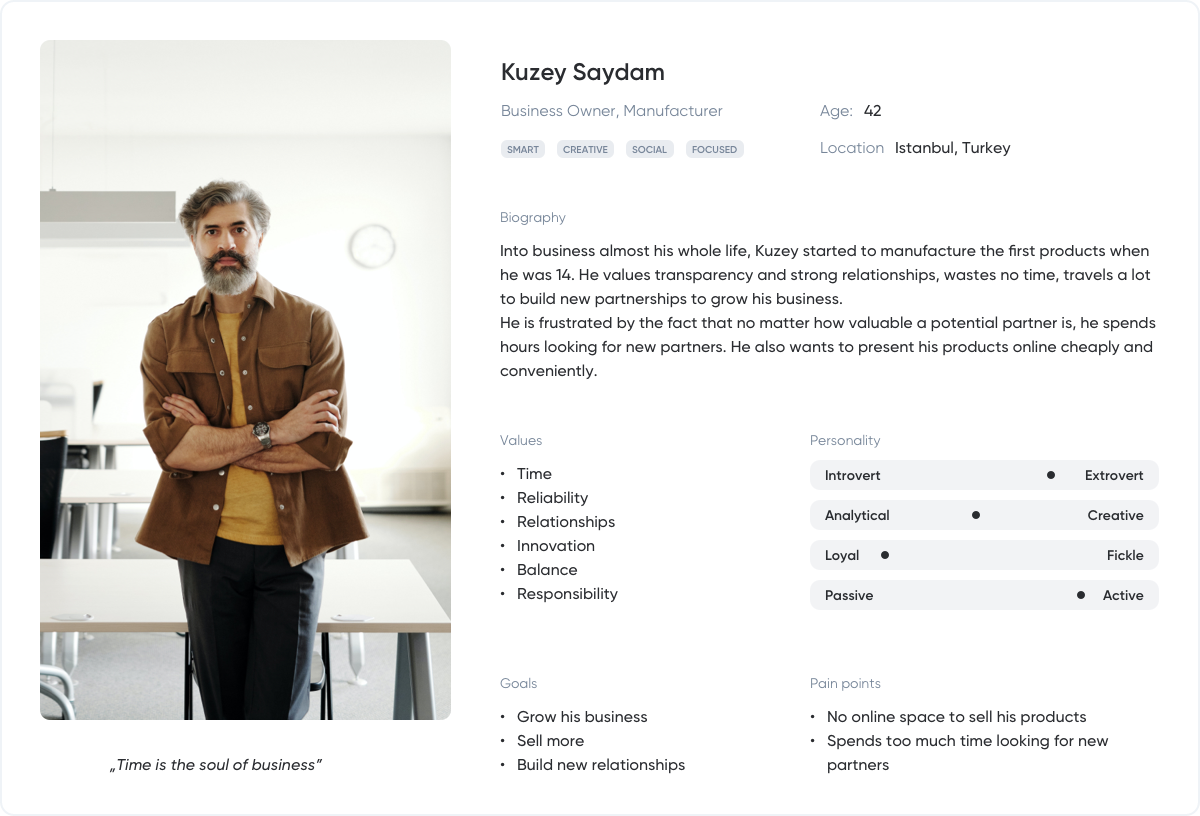Thank you !
We’re thrilled to hear from you.
Our mailbox can’t wait to respond to your message.
We will get back to you very soon!
Have a great day ahead!
Your Bondroys

Let’s talk business
We hoped you’d land here.
Revolutionary b2b e-commerce platform
All-in-One ATS Recruiting Software
Service exchange app
Coming soon


























